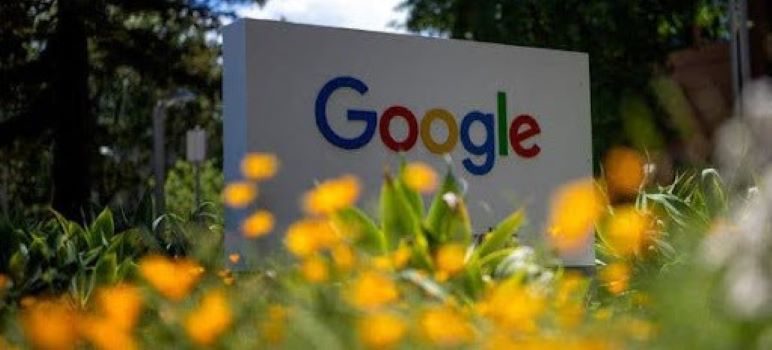Google must hand over its search results and some data to rival companies but does not need to break itself up by selling its Chrome web browser, a federal judge ruled on Tuesday.
The decision, by Judge Amit P. Mehta of the U.S. District Court for the District of Columbia, falls short of the sweeping changes proposed by the government to rein in the power of Silicon Valley.
Mehta said in the 223-page ruling that Google must share some of its search data with “qualified competitors” to resolve its monopoly. The Justice Department had asked the judge to force the company to share even more of its data, arguing it was key to Google’s dominance.
Metha’s decision also put restrictions on payments that Google uses to ensure its search engine gets prime placement in web browsers and on smartphones. But he stopped short of banning those payments entirely and did not grant the government’s request that Google be forced to sell Chrome, which the government said was necessary to remedy the company’s power as a search monopoly.
“Notwithstanding this power, courts must approach the task of crafting remedies with a healthy dose of humility,” Mehta said in Tuesday’s decision. “This court has done so.”
The decision on how to remedy a monopoly — the first of its kind in the modern internet era — is the most significant attempt to level the tech playing field since an antitrust ruling against Microsoft more than 20 years ago.
Google had planned to appeal, and the case is likely to be mired in the courts for years.
The conservative ruling is a blow to the government’s all-out push in recent years to challenge the dominance of the biggest tech companies.
Under both the Biden and Trump administrations, the federal government accused Google, Apple, Amazon and Meta of anticompetitive behavior meant to illegally monopolize parts of the internet.
That ruling comes as generative artificial intelligence is threatening to replace traditional search engines. A.I. start-ups including OpenAI, Anthropic and Perplexity have built humanlike chatbots that can field queries, summarize huge swaths of research and even plan a trip with step-by-step suggestions.
The ruling means that the nuclear option for addressing the tech giant’s search dominance — a break-up — is off the table. That news is lifting Big Tech stocks.
Apple, whose stock jumped on the news because it gets $20 billion a year from Google, could still sell its search bar to Google while selling access to others.
Google shareholders today are breathing a sigh of relief after a federal judge spared the tech giant from the harshest possible punishment for violating federal antitrust law: a breakup.
Though the Justice Department praised Tuesday’s ruling as a win for competition in Silicon Valley, the real outcome could be that efforts to constrain the power of Big Tech may have limited effects.
“Courts must approach the task of crafting remedies with a healthy dose of humility,” Mehta wrote in his ruling, outlining steps Google must take to address its illegal monopoly over web search. They include:
- Stop paying makers of web browsers and smartphones for exclusive rights to provide search, and from requiring its other products to be bundled on a device
- Share some of its search data with “qualified competitors,” potentially including rivals like Microsoft and DuckDuckGo
Some big winners from the ruling:
- Google itself, with its shares leaping 8% in after-hours trading
- Apple, whose multibillion-dollar search arrangement with Google will most likely continue; its shares jumped 4 percent in post-market trading
- Mozilla, which gets nearly all of its U.S. revenue from a deal that makes Google the default search provider for its browser
The artificial intelligence boom may have spared Google.
Mehta specifically cited the rise of generative A.I. companies as a factor in his ruling, with chatbots now providing stiff competition. They also have astonishingly deep pockets to battle Google: Just on Tuesday, Anthropic said it had raised $13 billion at a $183 billion valuation.
“These companies already are in a better position, both financially and technologically, to compete with Google than any traditional search company has been in decades (except perhaps Microsoft),” Mehta wrote.
The decision may provide hope for other tech giants under the antitrust microscope. Google is awaiting a different ruling in a case in which it was determined to have had a monopoly over some forms of ad technology. (The government has also called for Google to be forced to sell some of those systems.) Amazon, Apple and Meta are also battling prosecutors in court.
But Mehta’s ruling suggests that the courts may not feel compelled to force Big Tech to break up: “There are strong reasons not to jolt the system and to allow market forces to do the work,” he wrote.
New York Times reporters Andrew Ross Sorkin, Bernhard Warner, Sarah Kessler, Michael J. de la Merced, Niko Gallogly and Ian Mount contributed to this report. Copyright 2025, The New York Times.

